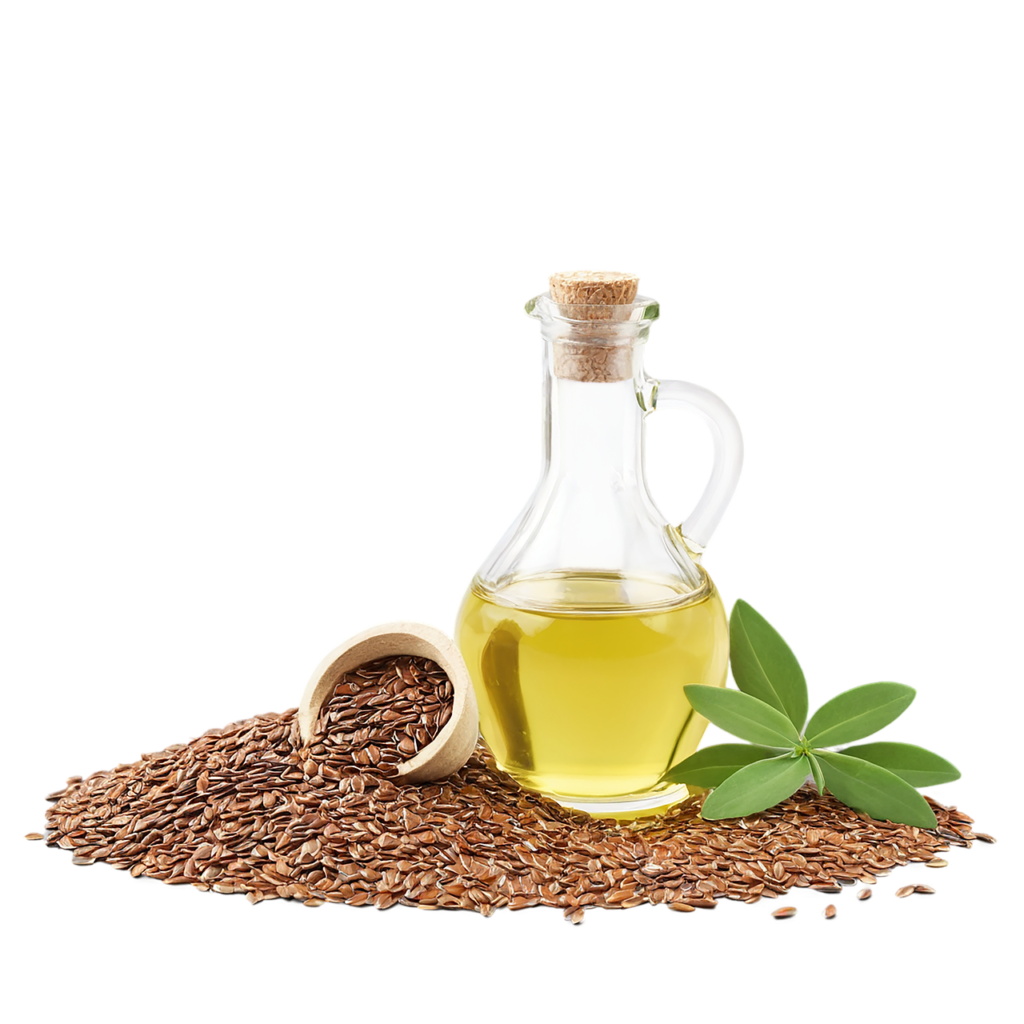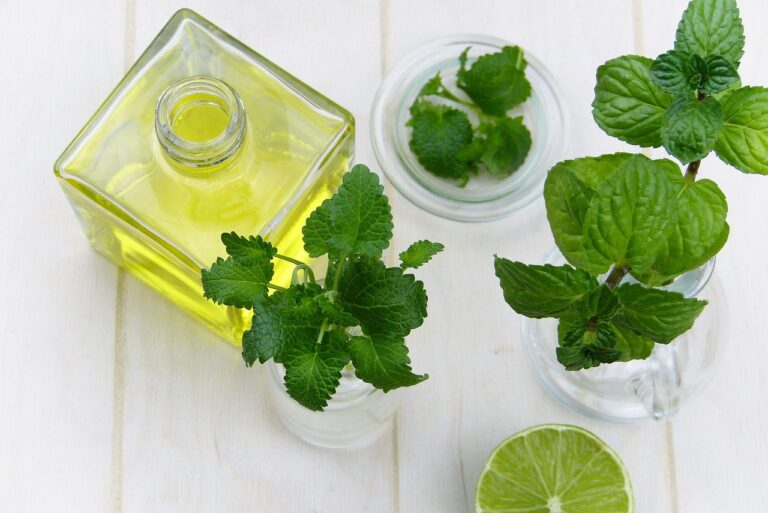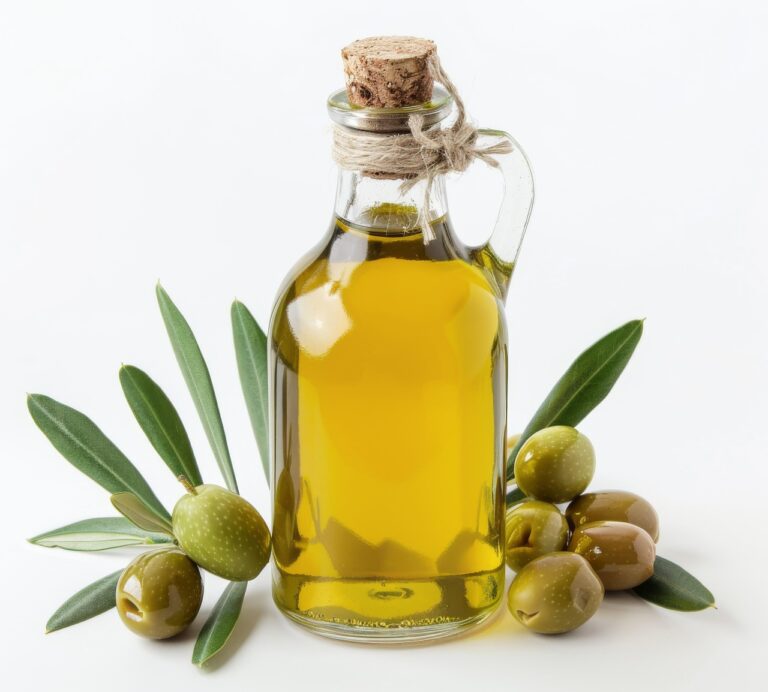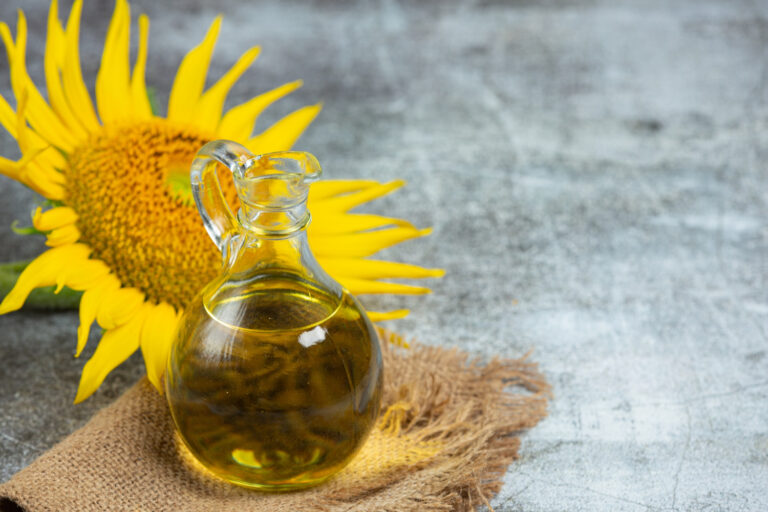Flaxseed Oil: The Ultimate Superfood for Heart, Skin, and Brain Health

Introduction – Why Flaxseed Oil Deserves a Spot in Your Diet
Imagine a single natural ingredient that could help your heart, clear your skin, and sharpen your mind—all without expensive supplements or complicated routines. That’s the power of flaxseed oil, a golden-hued elixir packed with nutrients your body craves.
For centuries, flaxseeds have been revered for their healing properties, and today, modern science backs what ancient traditions knew: this oil is a nutritional powerhouse. Whether you’re looking to lower cholesterol, reduce inflammation, or simply boost your overall wellness, flaxseed oil might be the missing piece in your diet.
But what makes it so special? And how can you use it effectively? Let’s dive into everything you need to know—from its top health benefits to simple ways to incorporate it into your daily meals.
What Is Flaxseed Oil?
Flaxseed oil, also known as linseed oil, is extracted from the seeds of the flax plant (Linum usitatissimum). Unlike refined oils, the best flaxseed oil is cold-pressed, meaning it retains more of its natural nutrients.
Key Components of Flaxseed Oil:
- Omega-3 Fatty Acids (ALA): A plant-based form of omega-3, crucial for heart and brain health.
- Lignans: Antioxidants with potential anti-cancer properties.
- Fiber & Protein: Found in whole flaxseeds, but the oil is a concentrated fat source.
Because of its delicate nature, flaxseed oil should never be heated—high temperatures destroy its beneficial compounds. Instead, use it raw in dressings, smoothies, or as a finishing drizzle.
Top Health Benefits of Flaxseed Oil
1. Supports Heart Health & Lowers Cholesterol
Heart disease remains a leading global health concern, but flaxseed oil may help. Here’s how:
- Reduces LDL (“bad”) cholesterol while supporting HDL (“good”) cholesterol levels (source: National Institutes of Health).
- Lowers blood pressure thanks to its omega-3 content.
- Decreases inflammation, a key factor in cardiovascular disease.
Tip: If you struggle with high cholesterol, try adding 1 tbsp of flaxseed oil daily to your diet—research suggests it can make a measurable difference.
2. Boosts Brain Function & Mental Health
Your brain is nearly 60% fat, and omega-3s play a critical role in keeping it sharp.
- ALA converts to DHA, a fatty acid essential for brain cell structure.
- May reduce symptoms of depression and anxiety by regulating neurotransmitters.
- Supports memory and cognitive function, especially as you age.
Did You Know? Studies suggest that low omega-3 intake is linked to higher rates of mood disorders.
3. Promotes Glowing Skin & Hair
Dry skin, acne, and brittle hair? Flaxseed oil could be your natural remedy.
- Deeply hydrates skin from within, reducing eczema and psoriasis flare-ups.
- Fights acne by balancing oil production and reducing inflammation.
- Strengthens hair, preventing breakage and promoting shine.
Pro Tip: For an extra skin boost, apply a small amount of flaxseed oil topically (patch test first!).
4. Aids Digestion & Weight Management
If bloating or sluggish digestion bothers you, flaxseed oil might help.
- Lubricates the intestines, easing constipation.
- Balances blood sugar, reducing cravings.
- Increases satiety, helping you feel full longer.
Best for: People with IBS or those looking to support a healthy metabolism.
How to Use Flaxseed Oil Daily
Best Ways to Consume Flaxseed Oil
Since heat destroys its nutrients, stick to raw uses:
- Drizzle over salads, roasted veggies, or hummus.
- Blend into smoothies or protein shakes.
- Mix into yogurt, oatmeal, or nut butter.
Simple Flaxseed Oil Recipes
| Recipe | Ingredients | Instructions |
|---|---|---|
| Omega-3 Power Smoothie | 1 banana, 1 tbsp flaxseed oil, ½ cup spinach, 1 cup almond milk | Blend until creamy |
| Skin-Glowing Salad Dressing | 2 tbsp flaxseed oil, 1 tbsp apple cider vinegar, ½ tsp mustard, pinch of salt | Whisk & enjoy |
Storage Tip: Keep flaxseed oil in the fridge to prevent rancidity—it lasts about 6-8 weeks once opened.
Flaxseed Oil vs. Other Oils
| Oil Type | Omega-3 Content | Best Use |
|---|---|---|
| Flaxseed Oil | High (ALA) | Cold dishes, supplements |
| Fish Oil | High (EPA/DHA) | Supplements only |
| Olive Oil | Low | Cooking, dressings |
Winner? If you’re plant-based, flaxseed oil is your best omega-3 source. For direct EPA/DHA, fish oil is superior.
Potential Side Effects & Precautions
While flaxseed oil is safe for most, be mindful of:
- Digestive discomfort if taken in excess (start with 1 tsp/day).
- Blood-thinning effects (consult a doctor if on anticoagulants).
- Allergies (rare, but avoid if sensitive to flaxseeds).
Who Should Avoid It? Pregnant women (due to hormonal effects) and those with hormone-sensitive conditions.
Conclusion – Is Flaxseed Oil Right for You?
Flaxseed oil isn’t just another health trend—it’s a proven nutritional powerhouse with benefits for your heart, brain, skin, and digestion. If you’re looking for an easy, natural way to upgrade your diet, this golden oil is worth a try.
Ready to start? Pick up a cold-pressed, organic flaxseed oil today and experiment with adding it to your meals. Your body will thank you!
FAQs About Flaxseed Oil
1. Can I cook with flaxseed oil?
No! Heat destroys its nutrients—use it only in raw or cold dishes.
2. How much flaxseed oil should I take daily?
1-2 tablespoons per day is ideal for most adults.
3. Is flaxseed oil better than fish oil?
Both have benefits—flaxseed oil is plant-based (ALA), while fish oil provides direct EPA/DHA.
4. Does flaxseed oil help with weight loss?
Yes! It reduces inflammation and helps control appetite.
5. Can I use flaxseed oil on my skin?
Absolutely! It’s great for dry skin and acne-prone complexions—just do a patch test first.
Now It’s Your Turn!
Have you tried flaxseed oil? What benefits have you noticed? Share your experience in the comments—we’d love to hear from you!







